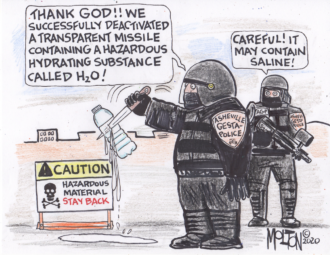The rally was part of a push from the union to pressure HCA, a for-profit that purchased Mission in 2019, for better working conditions. The event was the latest in a long line of actions by local and state officials against the company.
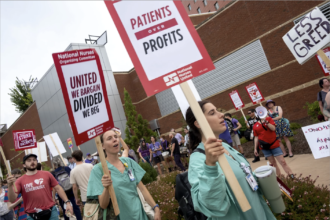

The rally was part of a push from the union to pressure HCA, a for-profit that purchased Mission in 2019, for better working conditions. The event was the latest in a long line of actions by local and state officials against the company.
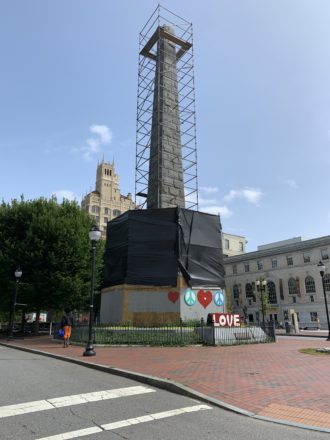
From the fate of the Vance Monument to a proposed affordable housing complex on land acquired through urban renewal, city officials move forward with longstanding projects.

“Honest, experienced and expert leaders can soon run the Buncombe County Board of Commissioners when we elect Robert Pressley — candidate for chair; Glenda Weinert — District 1; Anthony Penland — District 2; Joe Belcher — District 3!”
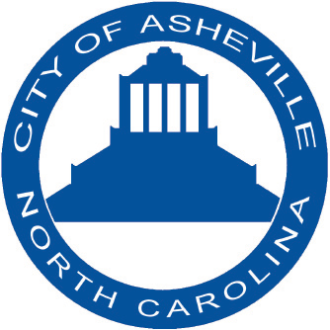
At its meeting of Tuesday, Sept. 22, Asheville City Council will vote on a budget amendment that would fund the APD at roughly $29.3 million, a reduction of $770,000 from a previous proposal. Many activist groups, including Black AVL Demands, have called for a 50% reduction to the APD and reinvestment in community services.
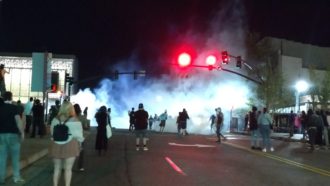
All tactical decisions during Asheville’s protests for racial justice in June — including the use of chemical weapons and the destruction of a protester medical station — were made entirely by Asheville Police Department officers, said City Attorney Brad Branham on Sept. 8. But determining Council’s culpability was beside the point, public commenters argued.

Before Asheville City Council’s regularly scheduled meeting of Sept. 8, the six members will interview six contenders to fill the seat vacancy left by Vijay Kapoor. Later in the evening, they’ll hear what the community thinks about another hot topic: hotels.

“As a community, we deserve better, and as a community, we can reimagine what public safety looks like.”
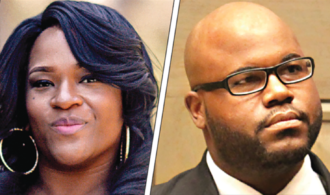
Asheville City Council unanimously adopted a resolution supporting reparations for Asheville’s Black community at its July 14 meeting. Members also moved to table a $83,000 contract with risk-management firm Hillard Heintze to investigate Asheville Police Department’s response to recent protests after listening to community concerns.

“Before Asheville rushes to embrace the BLM mantra, I would urge caution and restraint from going down that path.”

As calls continue for Asheville City Council to listen to the demands of protestors, Council members are poised to take the next step. At their meeting on Tuesday, July 14, members will vote on reparations for the Black community, a Black Lives Matter mural and a contract with a firm to investigate Asheville Police Department’s actions during recent demonstrations.

“The white-led action featured in your cover story was inspired by Black-led protests — which are the real story.”
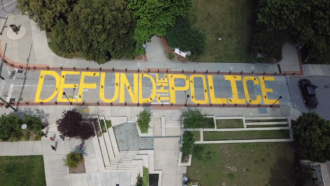
Asheville City Council approved interim budget appropriations for July — including over $2.4 million to the Asheville Police Department — as commenters flooded the phone lines at the June 23 virtual meeting to demand that city leadership “defund the police.”

“Let’s keep an open mind and work toward a multilayered solution that benefits all of our communities through meaningful reform and doesn’t pander to the status quo.”

“What’s next? Whites need to listen and learn about the roots of systemic racism and poverty.”

“I believe that if you saw more nonwhites working in the high-end tourist business, especially downtown and in West Asheville, this would not have happened.”

“My family may worry about our safety for a few weeks, but others in this country worry every single day — pandemic or not.”

“Asheville citizens —protester or not — want, I think, the same things our police officers want: to be free to help those who need our care, to be treated with respect, to not be seen as the enemy.”

“It is disheartening to see the citizens of Asheville and Buncombe County subjected to daily doses of tear gas by the Asheville Police Department under the direction of new Police Chief David Zack.”

“I urge our city and county leadership to reconsider how we want our law enforcement agencies to be perceived in these particularly turbulent times.”

“We need to challenge the systems that disproportionately oppress black and brown bodies.”
